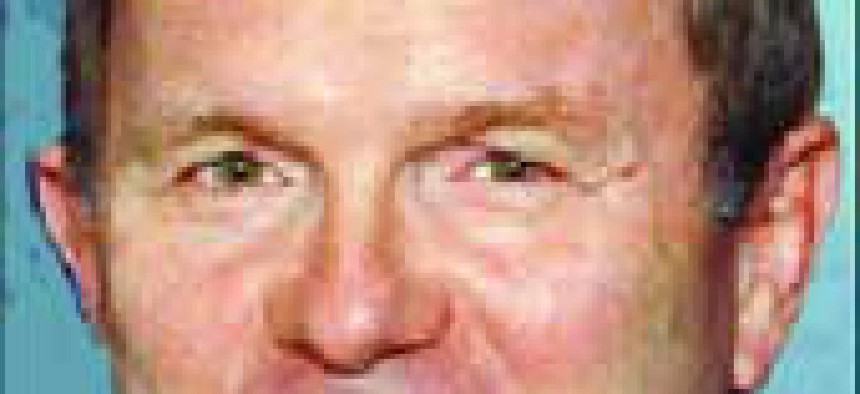Bill Scheessele | Hunting vs. farming in business development

Knowing what to say and what to do is what drives strategic revenue growth.
In government contracting, hunting and farming require two different mind-sets, but they share the same process.Many contractors find success in project and program management. By performing these functions well, individual employees deliver value to an agency and develop client relationships. People are motivated to do a good job and are compensated accordingly.Companies encourage people who do good work to look for additional opportunities with the client. The nature of task-order contracts requires an aggressive farming mentality. Without seeing it, the employees have backed into a new role and the transition to farmer has begun.They become competent farmers in business development and begin to expand projects through task orders. The more the employees increase their program area, the more their company wants. These budding farmers are saddled with organic growth objectives. Many new farmers have no idea how they got drafted into this role, other than by doing a good job.New farmers find no role definition. Often, there are no coaches or mentors to help with thinking and processes nor individual role models to teach them the ropes.Farmers have no formal business development education or training necessary to continue to deliver organic revenue growth on increasing expectations.Some farmers are lucky. Their organization recognizes commitment and effort and offers education and training in the thinking, discipline and process of organic growth and revenue development.This type of education isn't sales training, capture management training or proposal development training. Business development is about understanding people along with their issues and their problems and knowing how to craft solutions to grow programs and projects.When employees go beyond simply responding to the latest request for proposals, they become hunters.Hunters are frequently chosen solely because of credentials, contacts and industry connections. This profile is frequently all that's needed to be selected to lead an entire company's efforts in strategic growth.Hunters are always pursuing the next best strategic opportunities for their companies.Their job is to craft opportunities before competitors recognize those opportunities.This means gathering intelligence. To do so, hunters are driven by purpose, engaging contacts in an agency to uncover issues or problems, challenging prospects to confront these problems, and working to secure solutions, even if their company does not provide a solution.Ultimately, hunters develop relationships based on trust, respect and confidence. The trusted relationships they've engendered allow their companies and the services and products they provide to be perceived in a preferred light.This way they gain a favorable position before an RFP is crafted. Successful hunting also requires disqualifying opportunities early and wisely, using best business thinking, and understanding that pursuing bad business is worse than having no business at all.Successful hunters have been educated and trained in the thinking, process, discipline and leadership that drive strategic revenue growth in an organization. This business development process feeds the capture management and proposal process.Companies need both farmers and hunters because success depends on providing quality education and training in business development, and allowing individuals to self-select the level and type of expertise they want to add.Farming and organic growth will maintain the status quo, but hunting and strategic growth drive organizations to the next level.

Bill Scheessele is chairman and chief executive officer of MBDi, an international business development consulting firm based in Charlotte, N.C. He can be reached at bill.scheessele@mbdi.com.

"Knowing what to say and what to do after you say hello is what drives strategic revenue growth." Bill Scheessele
Bill Scheessele is chairman and chief executive officer of MBDi, an international business development consulting firm based in Charlotte, N.C. He can be reached at bill.scheessele@mbdi.com.

